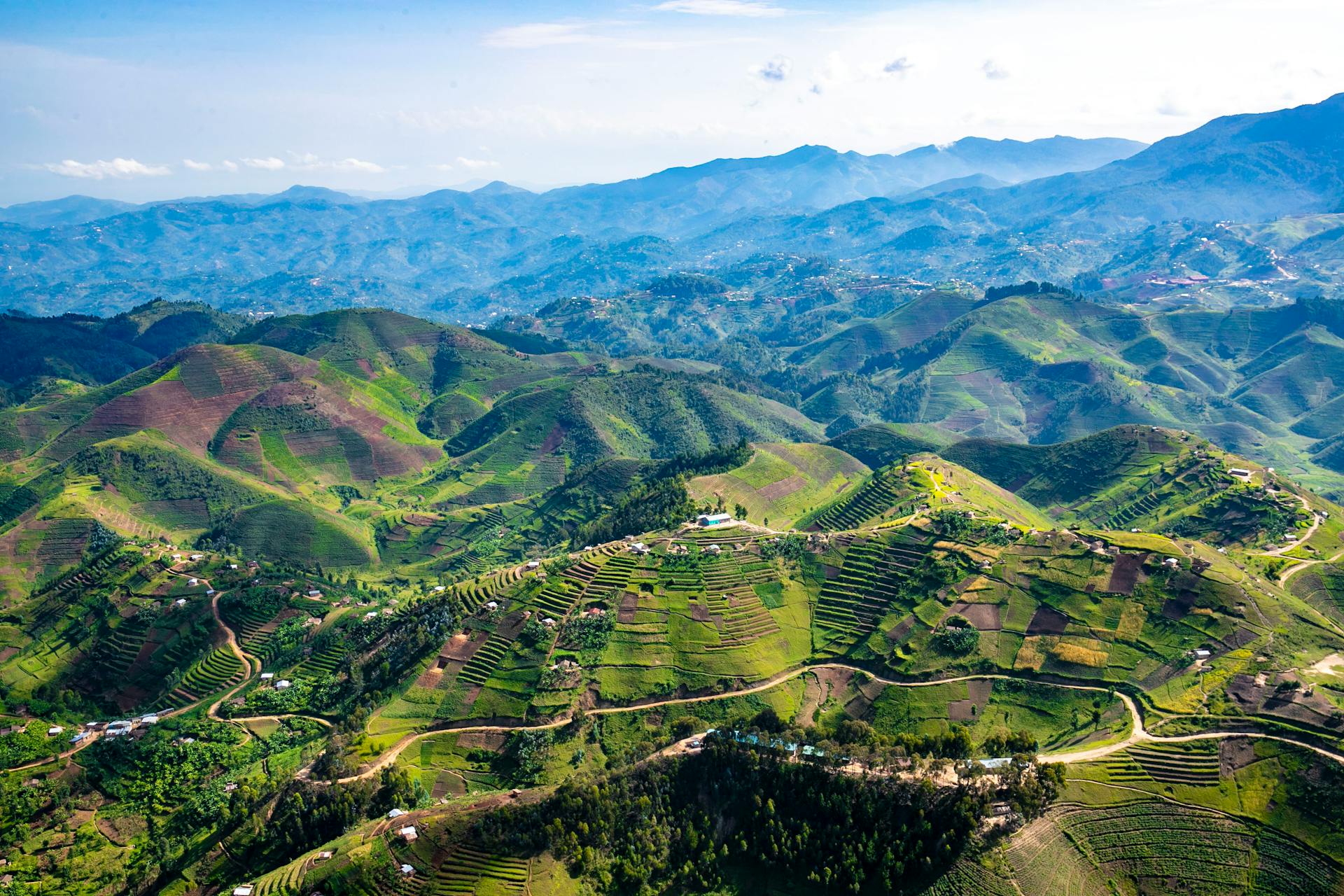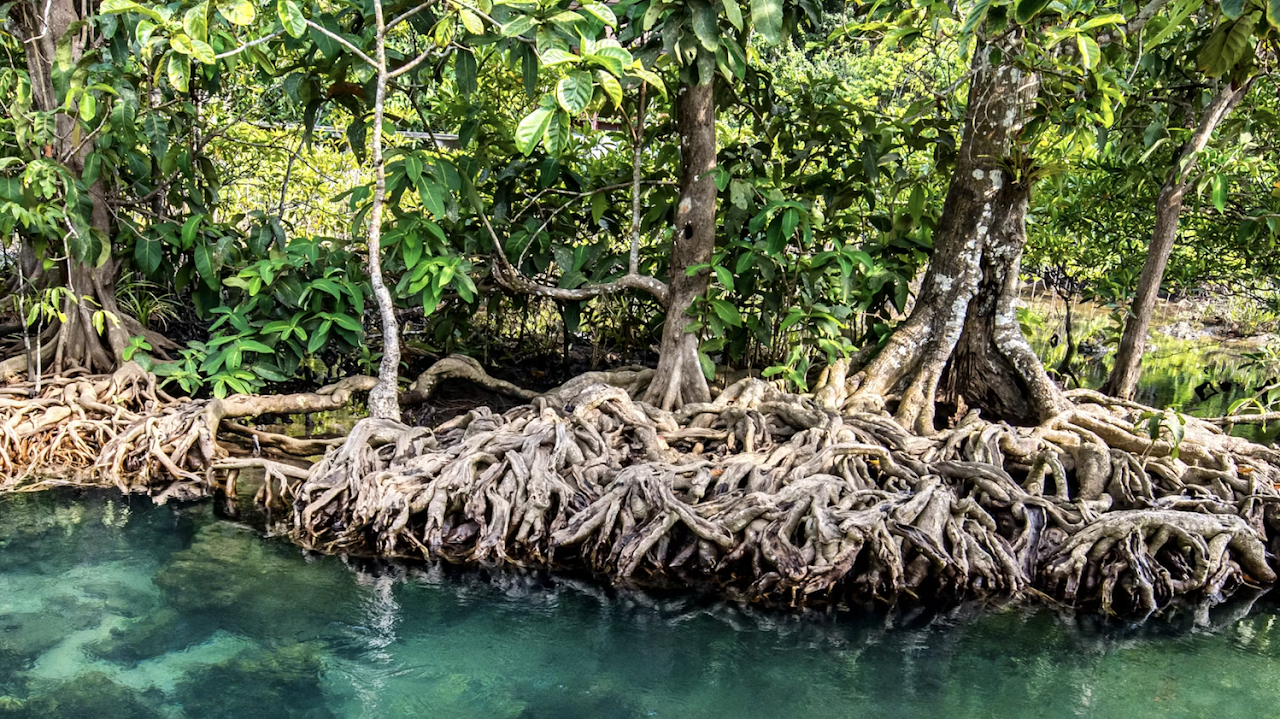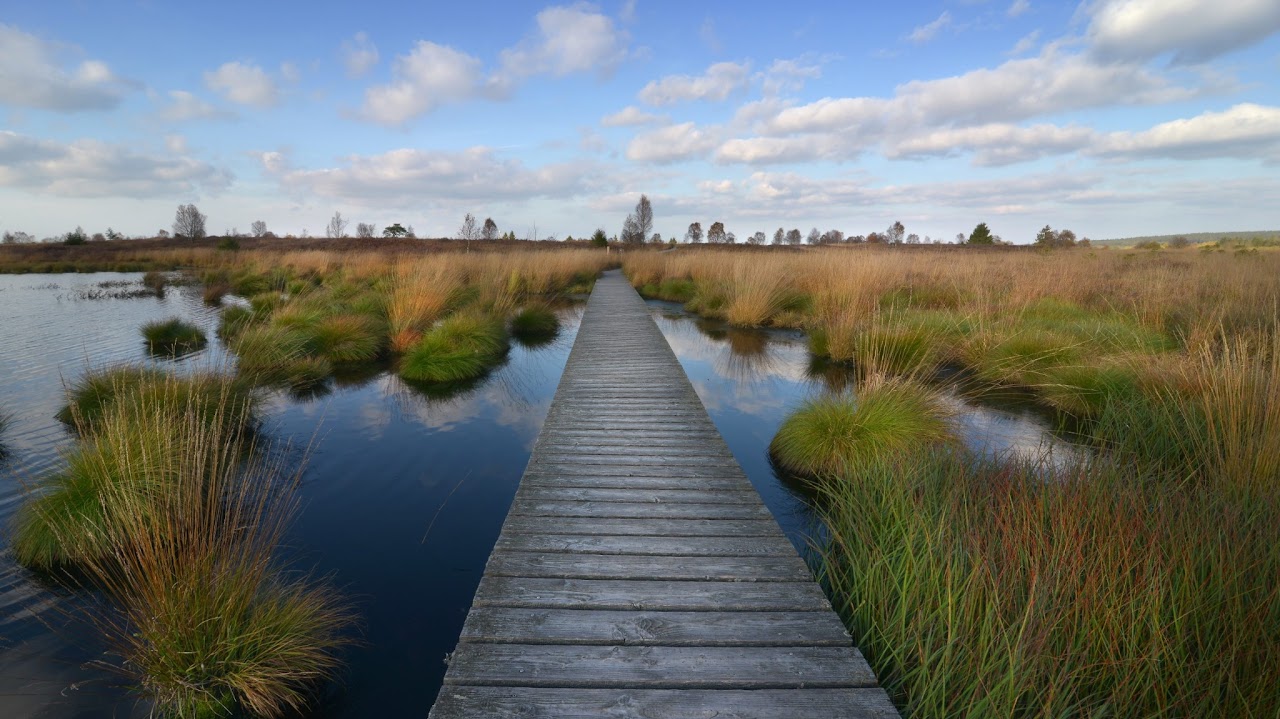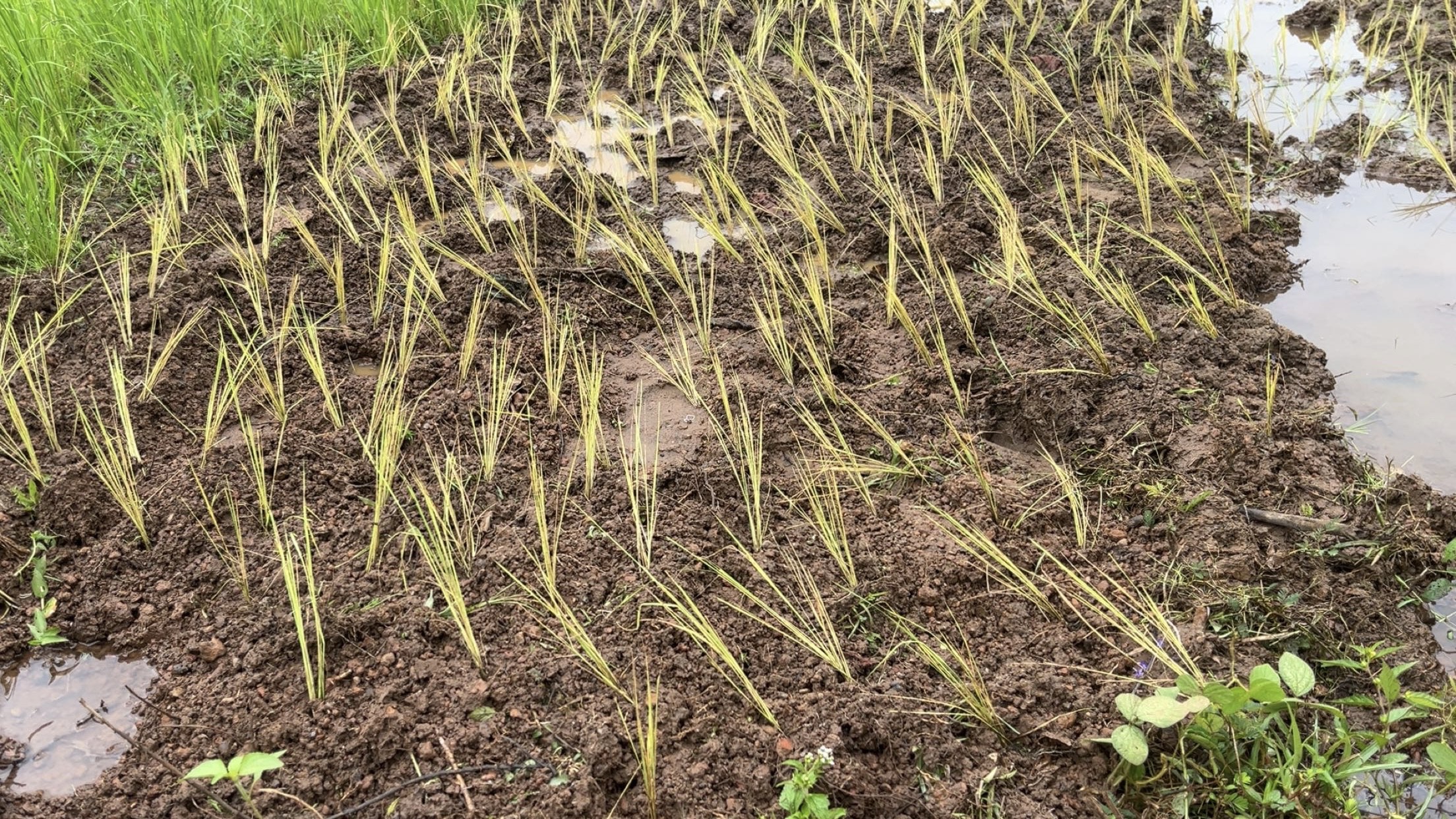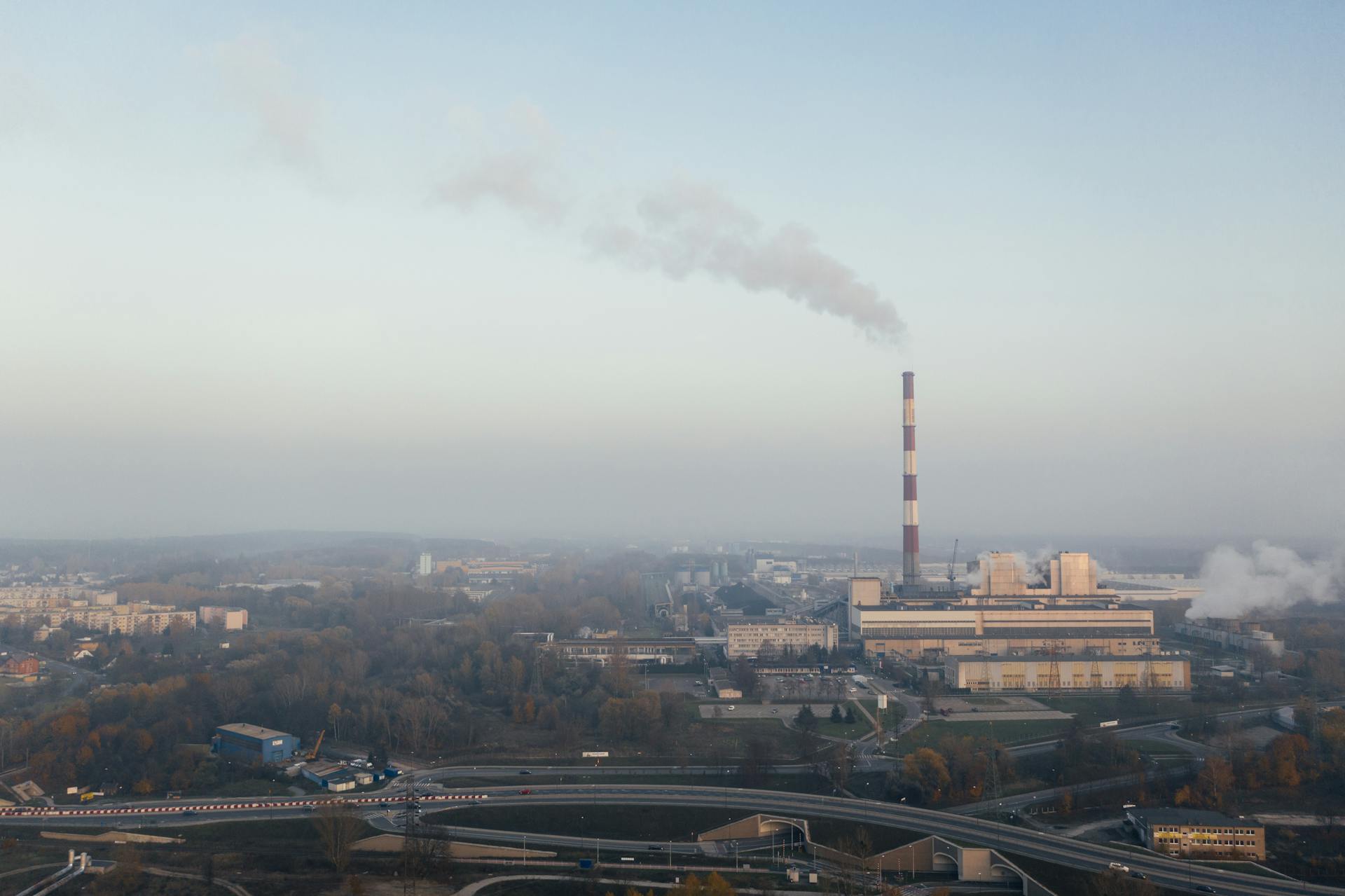School are bastions of sustainable change that are hiding in plain sight

The more things change, the more they stay the same, Jean-Bapstise Alphonse Karr, nearly 200 years ago. This is true of children’s play. Then as now, playing in the fields, forests and grasslands – in nature – remains the time favorite entertainment for children. Even as their real connection to it dwindle as a result of urbanization, children still imagine play time in the field.
But some things change. It’s no secret that a lot of children and youth think water magically flows from taps and food miraculously appears on grocery store shelves. Modern conveniences have severed the link all children had with the land, the source of all we depend on for food, clothing, homes and livelihoods.
Children’s growing detachment from the landscapes that sustain them has profound implications. Increasingly, even adults are questioning Science and realities it presents about the future they are leaving for their children. But critically, children’s disconnect from their environments means they lack the practical knowledge and skills they may need in the future to protect and secure their homes and livelihoods when faced with daunting challenges from nature.
With urbanization trends unlikely to change any time soon, how do we break the cycle of alienation to reconnect children with nature?
Schools, which are still the bastions of social and cultural change can become bastions of environmental consciousness. However, schools and their supporting systems are getting overburdened with similar calls to action on other fronts.
The G20 Global Land Initiative is hosting event titled, Nurturing Roots: The Importance of Integrating Land Restoration in Schools, on 6 December, at the Dubai Climate Change Conference on this subject. Participants will explore creative and novel methods to integrate land restoration topics into education environments and curricula in a way that serves, instead of overburdening, schools.
Land degradation is often viewed as a distant issue to most of our daily realities. Speakers at the event will present the myriad benefits of integrating land restoration topics into school curricula. They will share the tricks cities and schools are using to nurture environmental stewardship values and to equip students with practical restoration skills.
Participants will also share the models being used to catalyze change on a broader scale and to promote increased awareness among educators and policymakers about schools as the transition highway to a new generation that views land differently. They will also explore the opportunities for collaborating with networks of educators and environmentalists to create a global ripple effect in future land restoration education initiatives.







